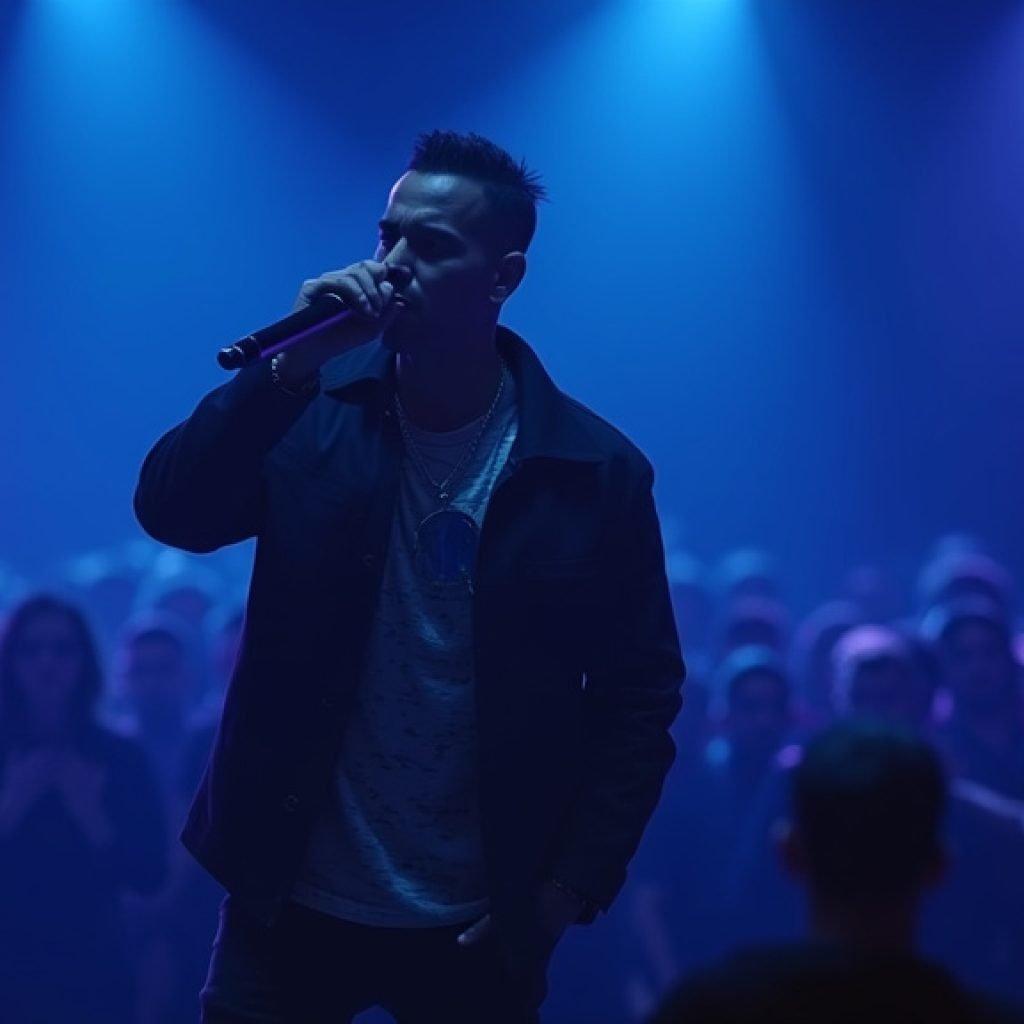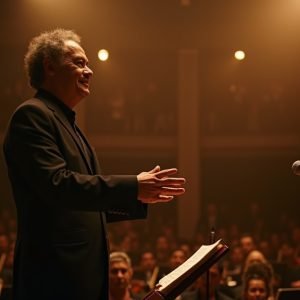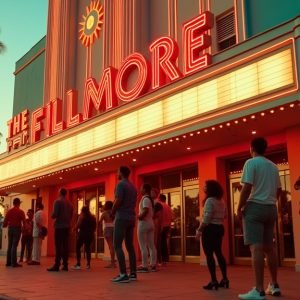Across the United States, the vibrant tapestry of Hispanic Heritage Month celebrations, typically a period of joyous cultural expression from September 15 to October 15, is being dimmed by a pervasive climate of fear. Organizers in numerous cities and regions have made the difficult decision to postpone or outright cancel long-standing festivals, parades, and gatherings, citing concerns over escalating Immigration and Customs Enforcement (ICE) activity and a broader, unsettling political environment.
The Looming Shadow of Enforcement
The cancellations reflect a growing anxiety within immigrant communities, exacerbated by intensified immigration enforcement actions and a national political discourse perceived as increasingly hostile. Reports indicate a surge in ICE activity and targeted operations, such as “Patriot 2.0” in Massachusetts, which have fueled fears that public gatherings could become sites for detention or raids. This apprehension is amplified by rhetoric that some interpret as sanctioning racial profiling, leading individuals to feel threatened based on their appearance, language, or origin, even if they are U.S. citizens or legal residents.
The fear is not confined to undocumented individuals. Mixed-status families, where some members are citizens and others are not, live under constant anxiety that any public gathering could lead to separation. This psychological toll has been documented, with studies showing increased anxiety and depression among Latino populations, regardless of immigration status, during periods of heightened enforcement and public debate surrounding immigration policies. The cancellations represent a tangible consequence of these policies, impacting the ability of communities to celebrate their heritage and connect with one another.
Regions on Edge: A Wave of Cancellations
From the Pacific Northwest to the Northeast, the impact is being felt. In Oregon and Washington, several hallmark events have been affected. Latinos en Spokane canceled upcoming Hispanic Heritage Month events, with executive director Jennyfer Mesa stating, “We are not in a time of celebration. We can’t celebrate when we know that our kids are being left without parents, that we are living in absolute fear every single day, and we continue to be targeted.” Similarly, Seattle saw the cancellation of the Duwamish River Festival, the Pacific Northwest Folklorico Festival, and the Thing Music Festival, which had planned to highlight latin artists. In Central Oregon, the Latino Fest in Madras and Central Oregon Community College’s Latinx Fiesta Celebración were also canceled due to safety concerns.
In Everett, Massachusetts, the annual Fiesta Del Rio, scheduled to highlight Hispanic-owned businesses and cultural programs, was canceled due to community fears following recent ICE raids in the region. Mayor Carlo DeMaria expressed that it “would not be right to hold a celebration at a time when members of our community may not feel safe attending.” Chicago’s El Grito Chicago festival was also postponed, with organizers citing the risk to community safety amidst promises of an immigration crackdown. Other events, including the Hispanic Heritage Festival of the Carolinas and Long Beach’s Día de los Muertos parade, have also been canceled or scaled back due to similar immigration-related concerns.
Impact on Latin Music and Cultural Commerce
The chilling effect extends to the vibrant world of latin music and its associated festivals. Visa issues have plagued prominent latin artists, leading to the cancellation of major festivals. For instance, the Michelada Festival in Chicago was canceled after popular bands like Los Alegres del Barranco and Grupo Firme faced visa revocations or administrative reviews. Grammy Award-winning artist Bad Bunny has even opted to skip U.S. tour dates for his upcoming world tour, citing concerns that ICE could be present at his concerts and target his fanbase. These cancellations have far-reaching economic consequences, impacting not only artists and organizers but also local businesses, vendors, and tourism, leading to millions in lost revenue.
A Personal and Collective Loss
For many, the cancellations represent more than just the loss of a festival; they signify a profound erosion of community space and cultural affirmation. “Our mission is to share our culture with people that don’t know it,” lamented Orlando Gutierrez, an organizer in Kansas City who canceled a Colombian Independence Day festival. “To not have the opportunity – that’s where it hurts the most.” The sentiment is echoed by community leaders who emphasize that these events are crucial for fostering pride, solidarity, and a sense of belonging, particularly for younger generations navigating their identity.
As Hispanic Heritage Month unfolds, the prevalence of canceled celebrations underscores a stark contradiction: a community being honored in speeches while feeling persecuted in practice. The decision to prioritize safety over celebration speaks volumes about the current climate, leaving a void where cultural pride and public joy should reside, and highlighting the ongoing challenges faced by Latino immigrants across the nation.


























